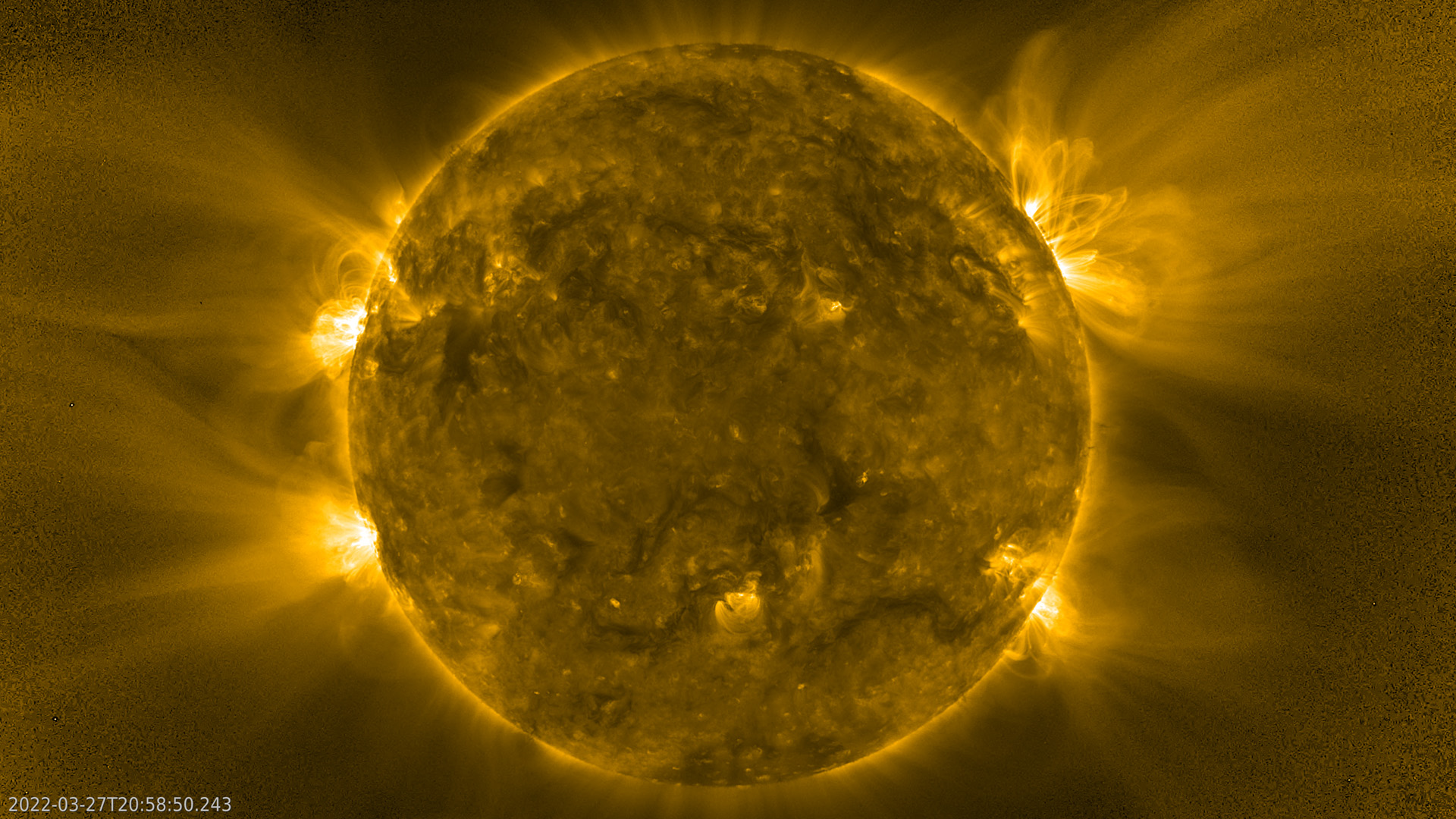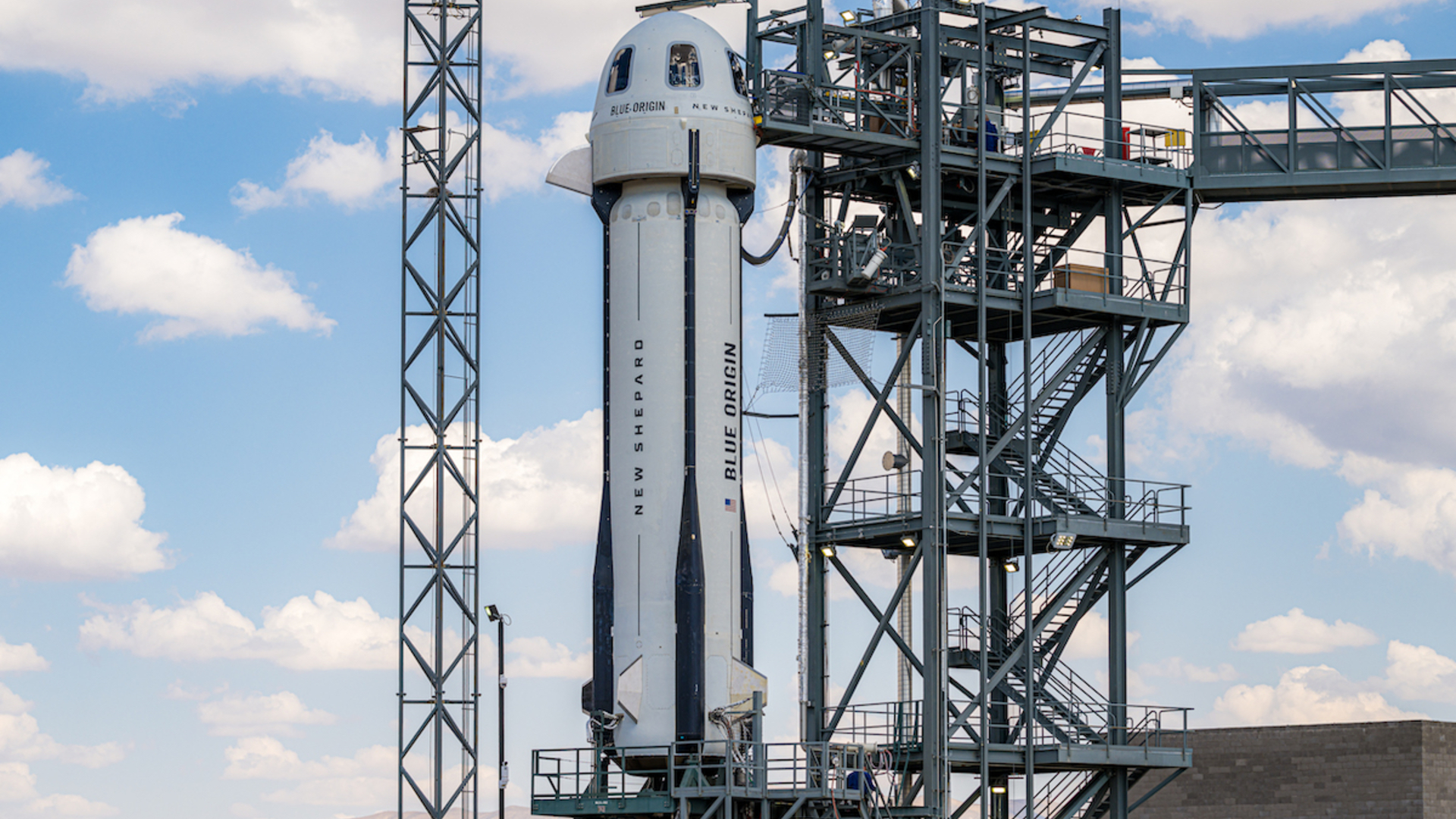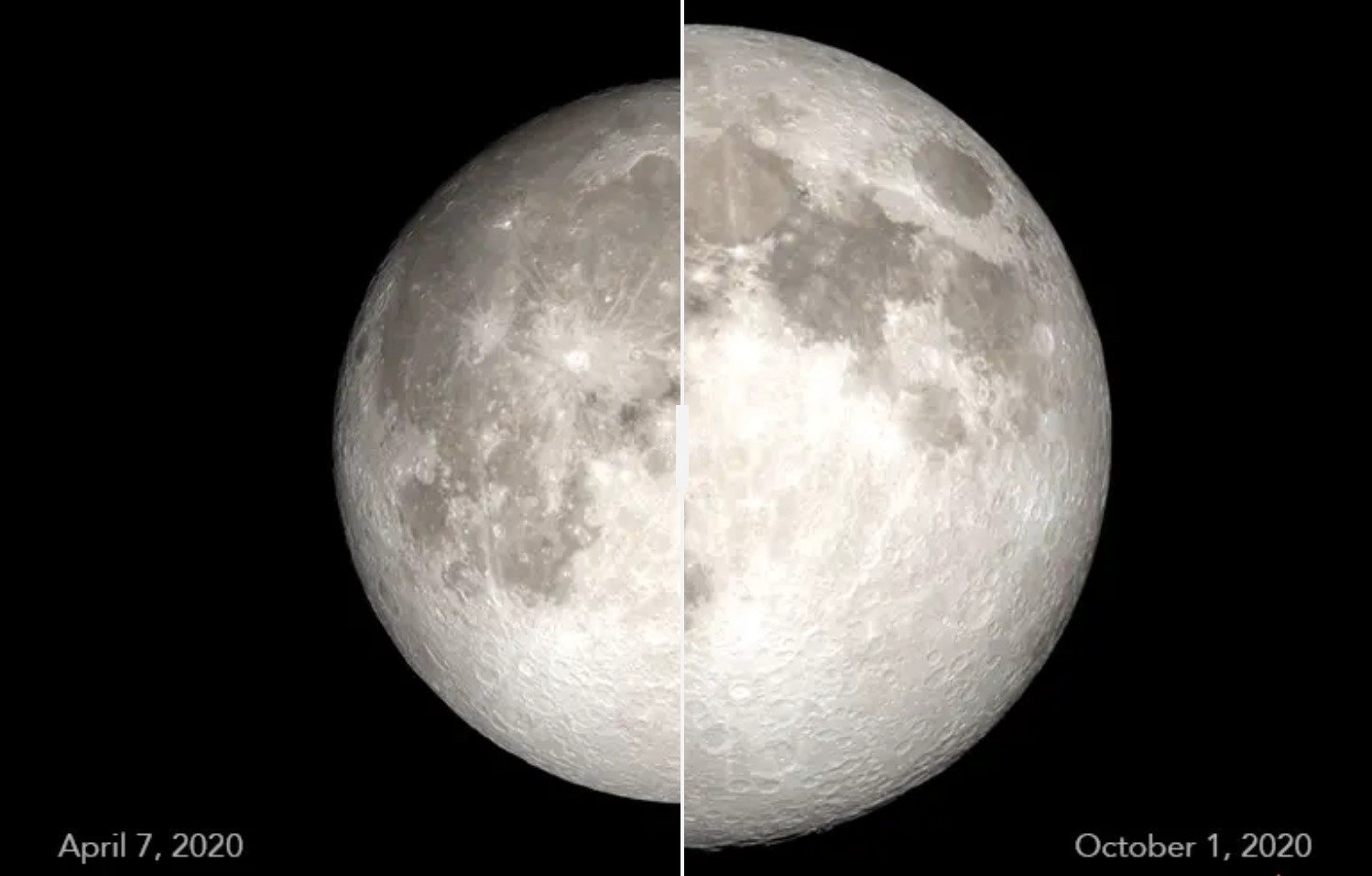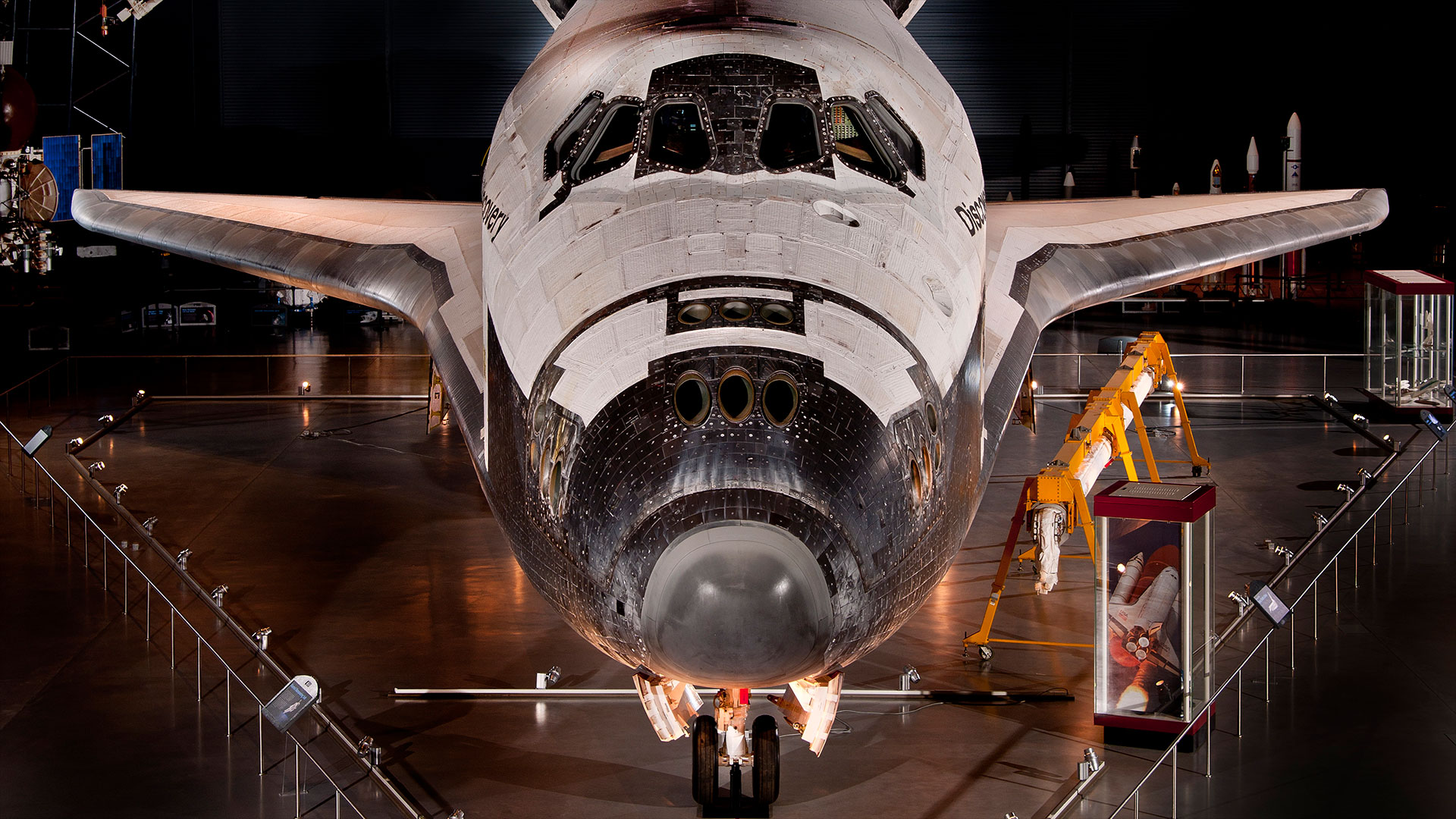A short video seeks to stem the rising tide of light pollution, which is robbing Earth of its dark night skies.
Light pollution doesn't just make it more difficult for professional and backyard astronomers to observe the heavens, according to the 6.5-minute film, which is called "Losing the Dark." The loss of darkness also disrupts wildlife, wastes resources and adversely impacts human health.
"Exposure to light at night disrupts the circadian rhythms that regulate our sleep cycles," narrator Carolyn Collins Petersen says in the video, which was created by the International Dark Sky Association in collaboration with Loch Ness Productions as a public service announcement. "People working at night under bright lights or living in light-polluted cities face a higher risk of developing diseases such as breast and prostrate cancer."
"We can replace light fixtures that send light up to the sky with ones that direct light down — exactly where we want it. They're called fully shielded fixtures," Collins Petersen says in the video. "We can also illuminate only the places that need it. And, of course, we can just turn off unnecessary lights."
"Losing the Dark" can be downloaded for free at the International Dark-Sky Association's website here: http://www.darksky.org/night-sky-conservation/290
The video's message is especially resonant now, during International Dark Sky Week. This annual celebration, which began in 2003 and runs from April 20-26 this year, aims to foster a better appreciation of the night sky, raise awareness about the problem of light pollution and inspire people to take action, event organizers said.
There are many events taking place around the world during International Dark Sky Week. Check out this skywatching website run by NASA's Jet Propulsion Laboratory in Pasadena, Calif., to see if any may be happening near you.
Get the Space.com Newsletter
Breaking space news, the latest updates on rocket launches, skywatching events and more!
Follow Mike Wall on Twitter @michaeldwall and Google+. Follow us @Spacedotcom, Facebook or Google+. Originally published on Space.com.
Join our Space Forums to keep talking space on the latest missions, night sky and more! And if you have a news tip, correction or comment, let us know at: community@space.com.

Michael Wall is a Senior Space Writer with Space.com and joined the team in 2010. He primarily covers exoplanets, spaceflight and military space, but has been known to dabble in the space art beat. His book about the search for alien life, "Out There," was published on Nov. 13, 2018. Before becoming a science writer, Michael worked as a herpetologist and wildlife biologist. He has a Ph.D. in evolutionary biology from the University of Sydney, Australia, a bachelor's degree from the University of Arizona, and a graduate certificate in science writing from the University of California, Santa Cruz. To find out what his latest project is, you can follow Michael on Twitter.









